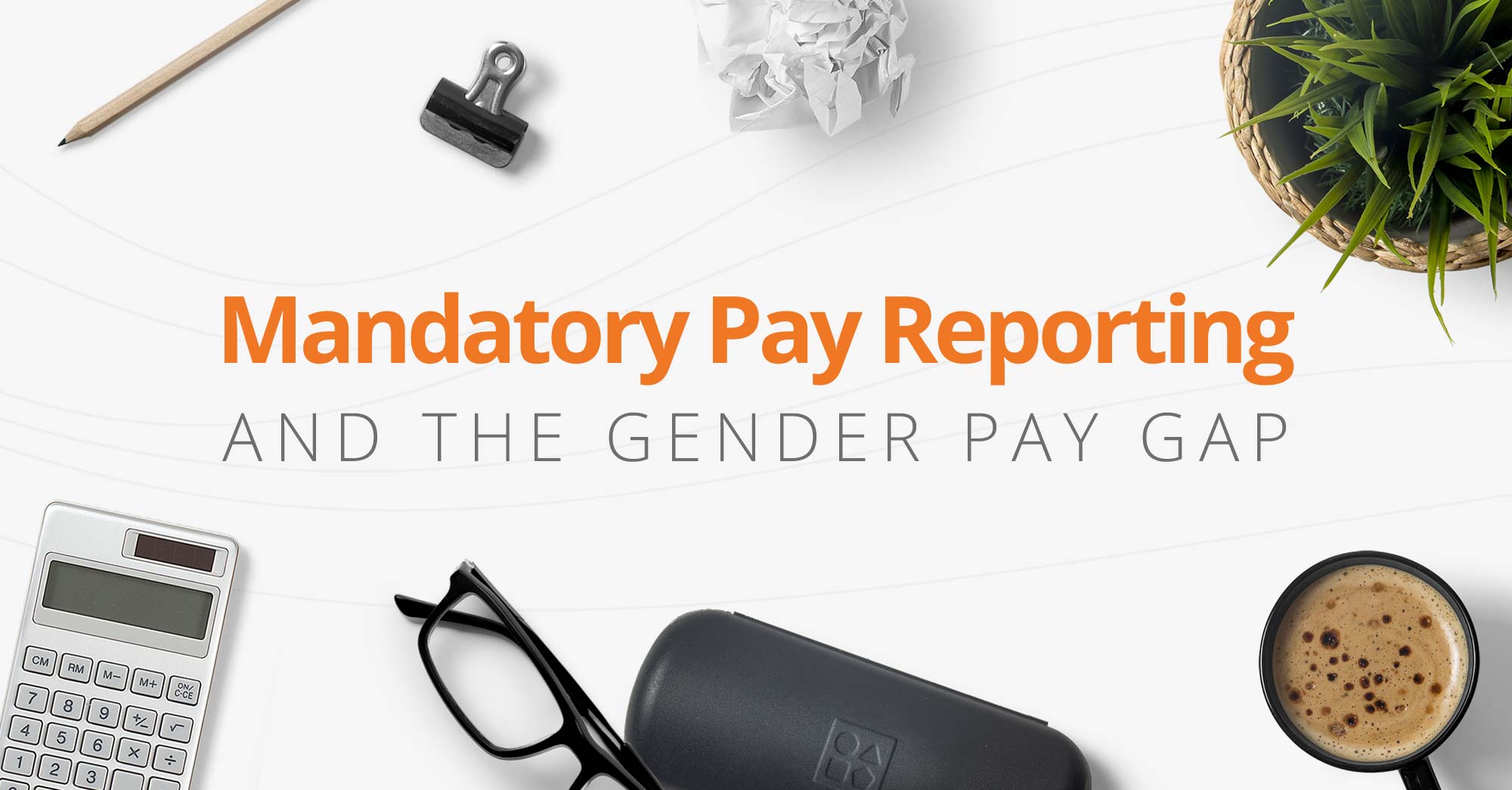We are all familiar with the subject of pay equity, and the principle that employees should receive equal pay for equal work.
The area that receives the greatest amount of attention is the gender pay gap. It is the topic that all who work both directly and indirectly in compensation and benefits know that they need to be fully versed on.
This principle hasn’t been achieved, so governments’ and legislators across the world have pursued a policy of mandating pay reporting as the metric to highlight pay differences between all employees.
Gender pay gap reporting is calculated by the percentage difference between men and women’s median hourly earnings, and it gives an accurate indication of the work left to do in bridging that gap.
Companies are becoming increasingly proactive at attempting to address this issue, and as such, addressing the gender pay difference is now becoming increasingly more visible from a point of best corporate governance practice.
Across the world, legislators and Governments are also working to address the issue.
- Australia: Companies with more than 100 employees are required to submit data to the Workplace Gender Equality Agency.
- United Kingdom: Where companies with more than 250 UK based employees are reported to annually submit data across six metrics.
- America: The Equal Pay Act of 1963 mandates pay to report, however, legislation is in progress that would reinforce the reporting element associated with the gender pay gap, and could be implemented within the next number of months.
- Ireland: Gender Pay Gap reporting legislation is currently progressing through the Houses of the Oireachtas, and the Government has indicated that this legislation may come into effect later this year and apply to employers (at least those with 250 or more employees) from 2020 or 2021 onwards.
What is clear is that this change in how regulation and reporting are carried out is expected to rise but reporting requirements will not be globally consistent. As such it’s vital that you’re aware of the international reporting requirements in each region that your employees operate in; even more so in the age of a globally mobile workforce. Having a detailed understanding of one state or national legislative and tax framework is no longer enough to remain compliant.
In the event that you’re not currently mandated to collate pay gap data, and have decided to stand firm, perhaps an additional incentive could come from Glassdoor’s 2019 report “Data on the Gender Pay Gap and Salary Transparency.”
The report states that 67 percent of U.S. employees say they would not apply for jobs at employers where they believe a gender pay gap exists.
What’s clear is this. The gender pays gap, and pay gap reporting is more than a legal issue. It’s an issue that interacts with all areas of your business and can affect the ability of employers to attract and retain talent.
Request a free demo
If you’d like to see for yourself how the Global Shares stock plan administration software can help your company, book a one-on-one, no-obligation consultation today and we’ll demonstrate our award-winning software.
Please Note: This publication contains general information only and Global Shares is not, through this article, issuing any advice, be it legal, financial, tax-related, business-related, professional or other. The Global Shares Academy is not a substitute for professional advice and should not be used as such. Global Shares does not assume any liability for reliance on the information provided herein.








